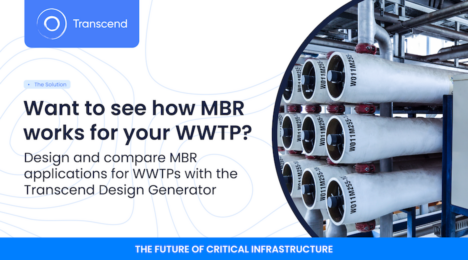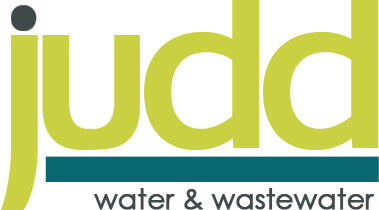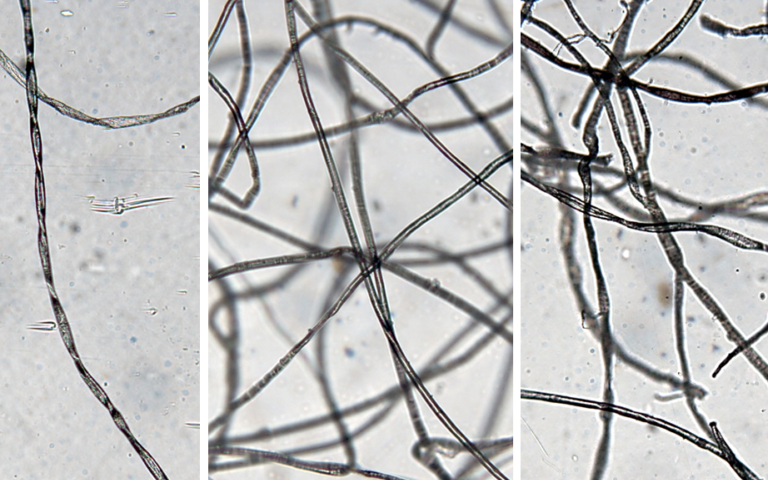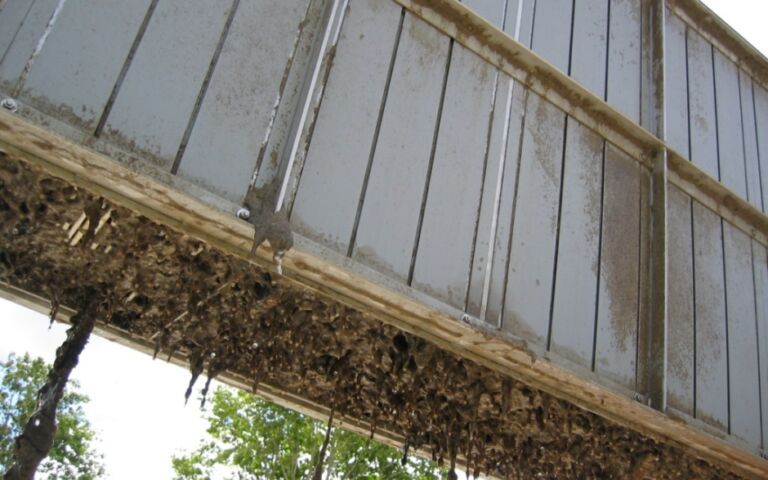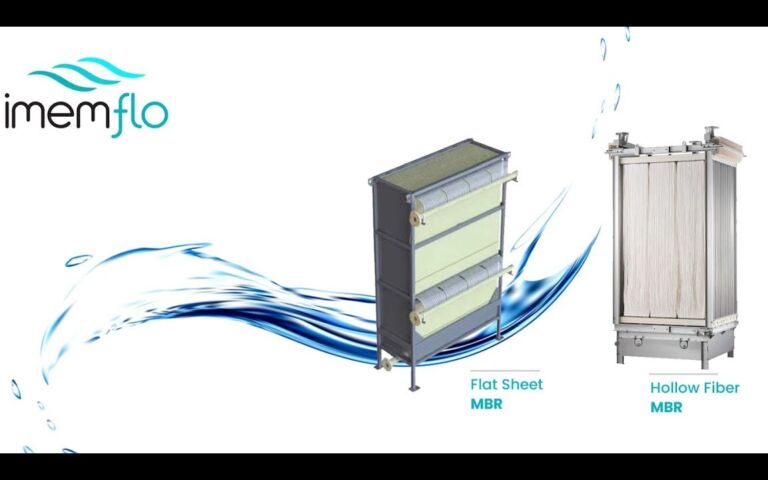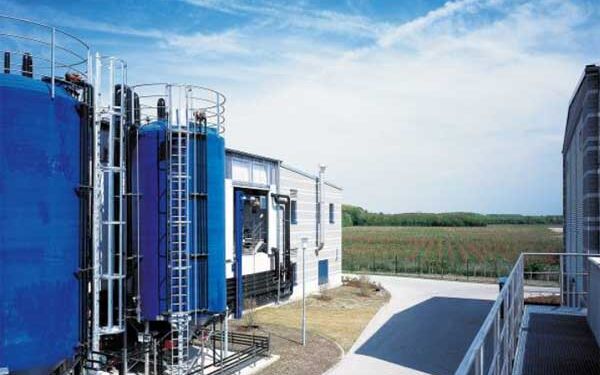Industrial MBRs − an introduction

Industrial MBRs − an introduction
Membrane bioreactors have been applied to treat effluent in a number of industrial sectors, including among others:
- food and beverage − typically high in organic loading
- petroleum industry − sectors relating to exploration, refining and petrochemical
- pharmaceutical industry − with its challenges of active pharmaceutical ingredients (APIs)
- pulp and paper industry − typically high levels of suspended solids, COD and BOD
- textile industry effluent − with differing challenges re biodegradability, toxicity, FOG content and colour
- landfill leachate − containing a wide variety of dissolved and suspended organic and inorganic compounds
- ship effluents − bound by legislative requirements and space restrictions.
Industrial versus municipal treatment
There is no significant difference in the design of the MBR technology for a process treating industrial rather than municipal wastewater. The key differences between the two applications are that, for industrial effluents, there are:
- higher concentrations of organic matter, which also tend to be more biorefractory (i.e. less biodegradable) than in municipal effluent,
- more temporal variation in the concentrations of pollutants, both seasonally and diurnally (i.e. across a daily cycle) than for municipal effluent,
- very significant variations across the different industrial sectors, with the least biorefactory effluents from the food and beverage industry and the most biorefactory from landfill leachate applications,
- no requirement for the removal of pathogenic micro-organisms, unless the effluent is combined with a sewage stream. The significant variations in concentration usually demand equalisation of 8−24 hours to ensure that the biological process is not exposed to shock loads or organic matter. Pretreatment may also be necessary if the feed water contains significant amounts of free oil, which might otherwise irreversibly foul the membrane. Against this, screening (to remove coarse solids) is generally less important.



